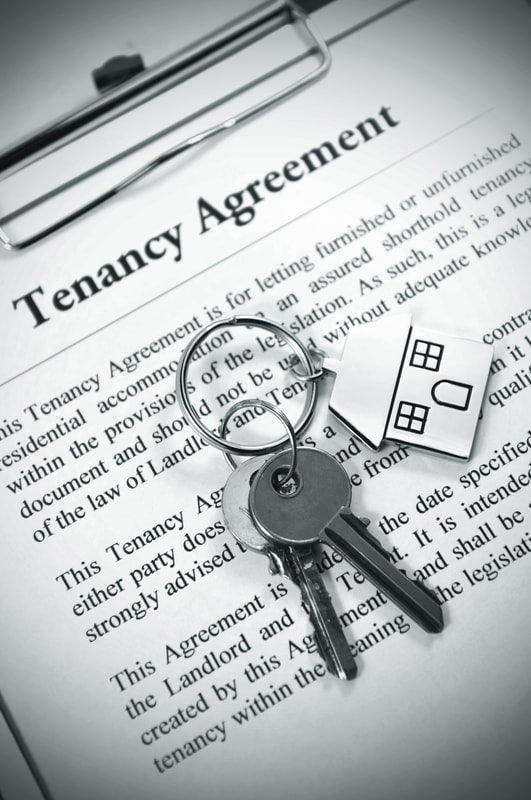Trustworthy Legal Services is your Legal Expert helping people with civil disputes in the areas of Employment, WSIB, Small Claims, Landlord & Tenant, and other tribunal matters with the compensation amount of $35,000 or less. Contact for Legal Advice in Ontario at 647-891-9089.
It depends on the following factors to be examined in the analysis of exemption under s. 5(i) of RTA.
The first factor is to be contingent upon whether the parties entered into a legally binding contract or tenancy agreement.
A legally binding agreement means a written, oral or implied agreement between a tenant and a landlord for occupancy of the rental unit, whereas the tenant pays rent in return for the right to occupy the rental premise.
The second factor is to determine if the occupant(s) are required to share a kitchen and/or bathroom with the owner or the owner’s immediate family in the rental premise.
S. 5(i) of the Residential Tenancies Act, 2006 states the exemption to this Act in the tenancy lease as follows:
- Living accommodation whose occupant or occupants are required to share a bathroom or kitchen facility with the owner, the owner’s spouse, child or patent or spouse’s child or parent, and where the owner, spouse, child or parent lives in the building in which the living accommodation is located;
Take an example of the case of TET-82410-17 (Re), 2018 CanLII 113120 (ON LTB), when the Tenants accepted the lease that the rental unit “except basement part used by only landlord” upon the commencement of this tenancy. The Landlord, Y.W., argued that there was no kitchen in the basement area so as to purport her position of “sharing kitchen with the Landlord” under s. 5(i) of the Act; meanwhile, the lease was silent about the Landlord’s use of kitchen. It is a general rule of contract interpretation that any ambiguity in the lease is to be interpreted against the interests of the drafter that the Landlord and Tenants were not going to share the kitchen. In fact, the purpose of the lease was to give the Landlord’s right to stay overnight on an occasional basis and on notice to the Tenants, when she traveled to Toronto for business or to visit friends sometimes, but not intended to live in the rental unit as it was understood when notice of entry to the Tenants is required.
The third factor is to examine the real substance of the Landlord’s pattern of activities relating to the residential complex. S. 202(1) of RTA states:
- In making findings on an application, the Board shall ascertain the real substance of all transactions and activities relating to a residential complex or a rental unit and the good faith of the participants and in doing so,
- may disregard the outward form of a transaction or the separate corporate existence of participants; and
- may have regard to the pattern of activities relating to the residential complex or the rental unit.
Given the case of TSL-75551-16 (Re), 2016 CanLII 71276 (ON LTB) as an example for how this factor applies to the final decision, the Landlord, H.C., regularly used a bedroom on the first floor, when the Tenant lived in a bedroom on the second floor of the rental premise since 2006. There was no dispute that the Landlord and the Tenant shared the kitchen and the bathroom at the hearing. The adjudicator made the final decision on a balance of probabilities that this Act applies in this case despite what it is stipulated in s.5(i) of the Act. The rationale for this decision was resulted from the Landlord’s use of the bedroom on the first floor merely for convenience – he can do maintenance and other needs of the complex easily, and also can attend his family physician, pharmacy and hospital where he occasionally checks his eye in a close proximity to the rental premise. Lastly, the bedroom that the Landlord used in this rental premise was not his principal residence, whereas he and his wife own a house in Scarborough where they reside.
In general, the Landlord’s right to stay overnight occasionally in the rental premise, of which the tenant(s) share the kitchen or/and bathroom with the Landlord or his or her immediate family, cannot be justified as an exemption to the Act in the tenancy without ascertaining the real substance of the Landlord’s pattern of activity relating to the rental premise. Notwithstanding the justification of exemption under s 5(i) of the Act, the Landlord must also be residing in the rental premise prior to or at the same time when the Tenant’s moving in (not valid if the landlord was moving in after the Tenant(s)).
Disclaimer: This information is not intended to be construed as a legal advice, but strictly for your information only. Please contact Trustworthy Legal Services for an independent legal advice in your particular situation. The first consultation is required prior to the retainer of your case.
Follow on Facebook, LinkedIn and Twitter.
Like or/Share this article if you find it is useful.


 RSS Feed
RSS Feed